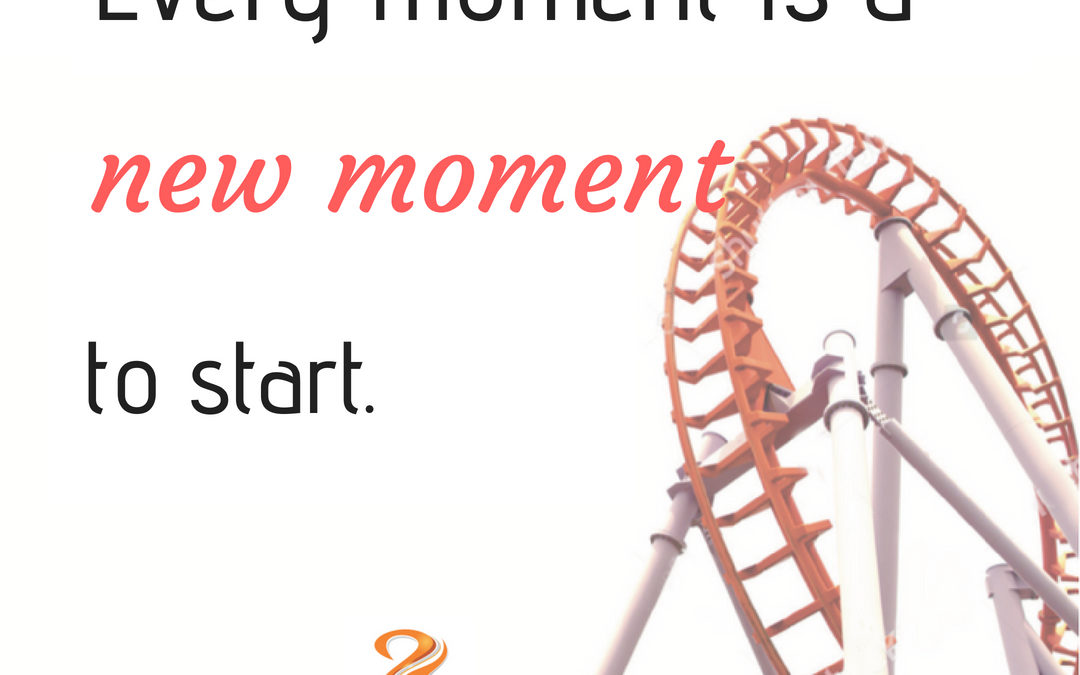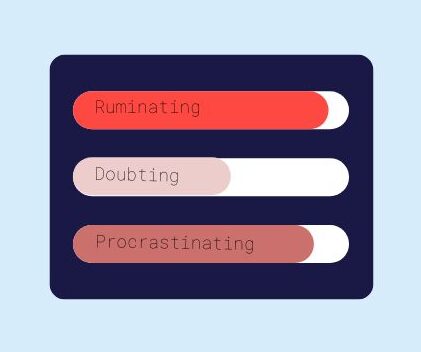Maybe you understand logical reasons for making a change. Maybe you’ve had moments of thinking, “that’s enough. I want to make this change” and tried to tackle it for a few days before slipping back. Without that conviction, and that deep understanding that the status quo is no longer working, change will be half-hearted and likely to fail. So maybe you say in response, “But I know I want to change! …it’s just, there’s this thing…” Focus on why you want to change. Think about the situation that really brought out the top reason(s) for change. What was that situation? What was going on? Why is what happened no longer acceptable? Settle into the feelings around the situation– possibly there was worry, or fear, or shame.
After immersing yourself back in that experience, the question is whether the obstacles that have stood in your way of change (be it fear of failure, or worry of negative judgment) are substantial enough to make that previous experience tolerable and acceptable for you. Is whatever change you want to make worth facing those obstacles?
It’s possible that your answer is yes– that it’s been too long, and that you hit your tipping point. Your tipping point is the point at which a new behavior or a new skill starts a path of change for you.
If that’s true, the book will help walk you through these four core steps:
- Identify the situation: what’s going on, in detail?
- Check your values: what really matters to you?
- Check the workability of your thoughts, feelings, sensations, and action-urges: are they getting you closer to those things that matter so much to you?
- Choose your values-based behavior: use your skills to break the patterns and get closer to the life you want.
The last step is when you can practice and use the skills that are taught throughout the book, categorized as:
Noticing and naming skills, defusion skills, body-based skills, acceptance skills, awareness skills, and interpersonal skills
When your emotional switch gets flipped, come back to these steps, and then pick a skill, either one that is conducted internally (an inner skills), or one that involves movement or the external world (an outer skill). You do this in order to continue to follow your values, that beacon of light that guides you in the dark. If the skill you pick helps you move in the direction of your values, then it has worked!
Not making sense yet? That’s because all you’ve done is peek inside the box. These four steps, and those skills are going to make more sense when you really explore what’s inside. What a cliffhanger, huh?
It’s also possible that your honest answer is no, it’s not. That’s okay. Nobody can force you to change, including yourself. But the ship isn’t sailing off forever. When that moment of deeply accepting that change is necessary happens, that will be a new moment in which to start opening that toolbox and learning new skills.


